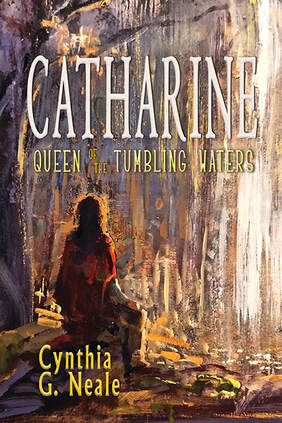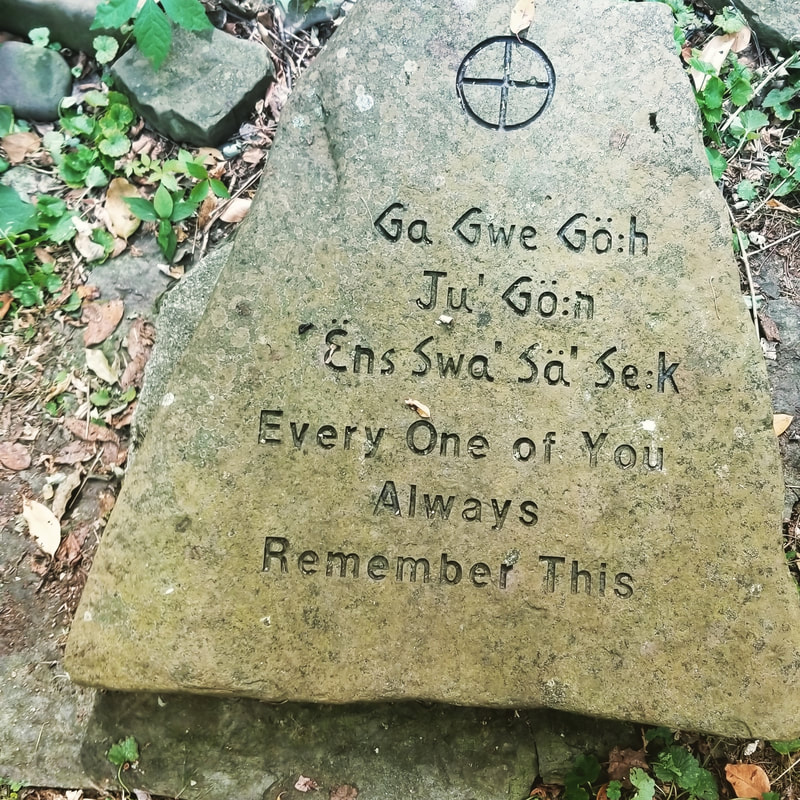|
“History is written by the victors” is often quoted and attributed to Sir Winston Churchill. Is this adage true or false? Aman Zaidi, a teacher of positive psychology, wrote an online article, History is Not Written by the Victors. He cites that there are vanquished peoples whose stories are known. He claims history is written and “documented by many different people and good historians.” And, of course, there are “remnants of bones, severed skulls and weapons at a battle site that provide hard evidence.”
True, history has been written by many, with interpretations, by having a pen, feathered quill, and parchment; and by possessing the victor’s triumph and booty. History is not one-dimensional with scribes waiting in the halls of king’s castles to record the conquering hero’s versions. There are oral tales, diaries, drawings, hidden tomes, and yes, the bones of the dead. Primary sources are coveted by historians, historiographers, and historical fiction authors who are willing to critically examine sources to provide analyses, write scholarly papers, novels, and even simplify history for the public. The Carnegie Museum of Natural History states that Homo sapiens date approximately 300 hundred thousand years ago. Written records only go back a little over 5,000 years ago with the earliest written material from Egypt and Sumerian records. Then consider the oral stories (that are probably just that, tales with some truth in them) and the really old non-Homo sapien bones like Lucy’s (3.2 million-years) from Ethiopia. There’s a whole lot of history unknown. It’s maddening digging for truth. Recorded history (documents of all kinds and artifacts) simmers in rich beliefs and enculturation feelings until the meat falls off the bones and fed to the masses. History is written by the victor is both true and false. Dialetheism is a word from the Greek that means twice, and contains the view that statements can be both true and false. There are many sides to a story…and history. And as we are taught, presented, and even pummeled with historical facts, including conspiracy theories (which have always been around), we cannot only rely on one history book, one historian, or even two or three. It’s a slow-footed, lingering, time consuming endeavor, but now is the time for every Joe Blow/Jane Doe commoner to become a digger for the truth of the past. It’s time to take away some of the power given away to historians. We have a myriad of sources, material, and information at hand, like never before. Knowing our history will not only sober us, challenge us, hurt us, it will make us more human, empathetic, understanding, and resolved to never be either the evil victor or the conquered. Continuing to learn American history as an adult, is a bit like being a teenager and learning that your parents have feet of clay. As I dug into American colonial history to write my latest novel, Catharine, Queen of the Tumbling Waters, I found myself stupefied over what I read about some of our founding fathers and others. We know that many of the decisions made regarding Native Americans were detrimental to them in regards to loss of land and loss of cultural ways. But what about the loss to Europeans? My protagonist, Catharine Montour, an Iroquois (Haudenosaunee) young woman, says, in regards to the settlers coming into her village uninvited: The trees and I are beginning to feel crowded out by new settlers and their ways. These settlers tramp through the woods, their eyes seeing through the trees, imagining them cut and cleared for their homes. They don't come to the forest to commune with the spirits of the trees and flowers and to give thanks to the Great Spirit. They resemble hungry hawks diving for their prey. They're desperate and greedy the way they come rolling into our village with wagons loaded with their belongings, hoping for more, and disregarding those who already live here. What about this loss? The loss of a people's ways who had a strong connection with nature and viewed animals as kindred spirits. A way of life that honored and gave thanks to nature and Creator, to brother tree and sister river. They saw themselves one with nature, neither to make it subordinate or take dominion over it. All of life was sacred and although no people group is without flaws, the gifts of their way of life, for the most part, were not received. Perhaps now, there is slow learning, and fortunately, throughout history, there have always been humankind who would live as Thich Nhat Hanh said, "Walk as if you are kissing the earth with your feet." It's not too late to love the face of God in the earth! The Great law of the Iroquois Confederacy of 1570 says, "In our every deliberation, we must consider the impact of our decisions on the next seven generations." How many of us make decisions thinking of future generations? My conclusion is that there is more unwritten history that requires us to read between the lines. I dug deep into the annals of history and then inquired of the spirits in the land where Catharine and her people lived. And sometimes, Catharine, herself gifted me with her presence while I wrote her story. Catharine, Queen of the Tumbling Waters is a compelling and powerful true story that spans the French and Indian War and the American Revolution. Read more about my novel at www.cynthianeale.com and purchase it on Amazon
0 Comments
Leave a Reply. |
Tell all the truth but tell it slant --
Success in Circuit lies Too bright for our infirm Delight The Truth's superb surprise As Lightning to the Children eased With explanation kind The Truth must dazzle gradually Or every man be blind -- - Emily Dickinson Archives
June 2024
Categories
All
|


 RSS Feed
RSS Feed